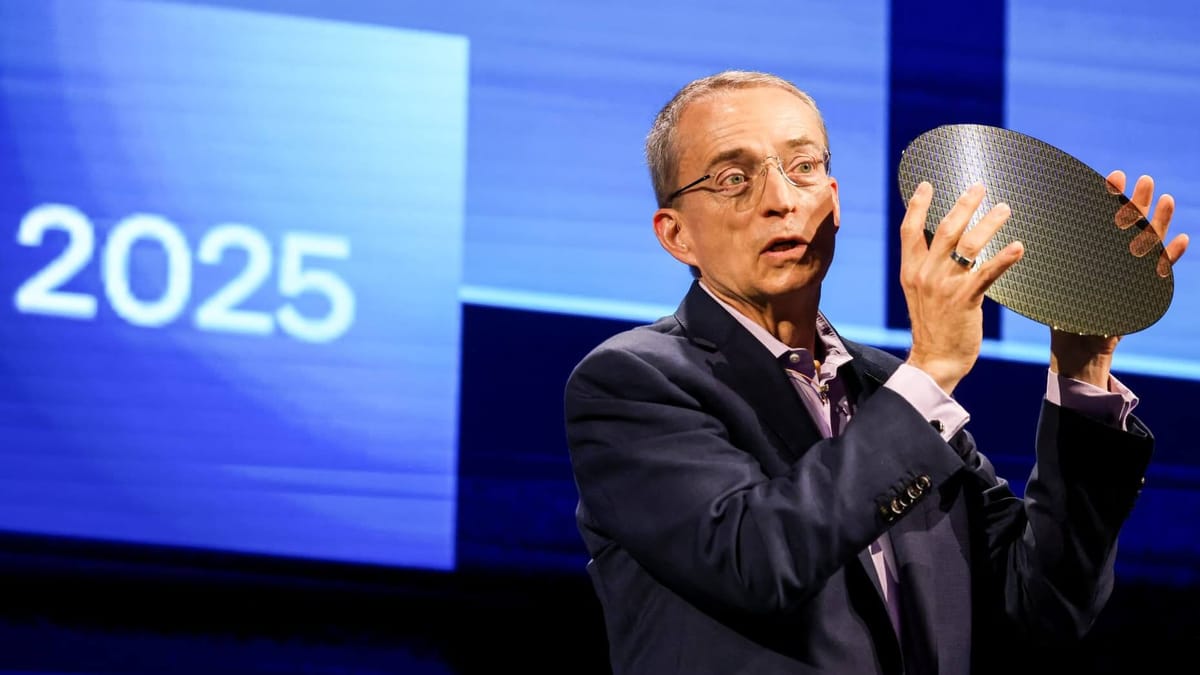
Intel is restructuring its operations, spinning off its foundry business into a separate subsidiary and announcing a major partnership with Amazon Web Services (AWS) to produce custom AI chips. The moves come as the chipmaker works to revitalize its position in the semiconductor industry.
The new foundry subsidiary will operate independently, with its own board and the potential to raise outside funding. This structure aims to attract customers who may have been hesitant to work with a direct competitor.
In a significant win for the foundry business, AWS has agreed to a multi-year, multi-billion-dollar collaboration with them. Intel will produce a custom AI chip for AWS using its advanced 18A process node, as well as a custom Xeon 6 chip on its Intel 3 process.
Pat Gelsinger, Intel's CEO, called the deal "big," noting AWS is "a very discerning customer who has very sophisticated design capabilities." This collaboration builds on their existing relationship and aims to accelerate the performance of artificial intelligence applications and other complex workloads.
The partnership underscores both companies' commitment to advancing U.S.-based semiconductor manufacturing. AWS plans to invest $7.8 billion to expand its data center operations in Central Ohio, building on its existing $10.3 billion investment in the state since 2015.
However, Intel is also taking steps to rein in costs. The company announced it will pause construction projects in Poland and Germany for about two years, citing market demand. A facility in Malaysia will be completed but only put into operation when conditions support it.
These moves follow Intel's recent announcement of 15,000 job cuts and a $10 billion cost-saving plan. The company's U.S. expansion plans, including projects in Arizona, New Mexico, Oregon, and Ohio, remain on track.
The restructuring and AWS deal come at a critical time for Intel, which has struggled to keep pace with rivals in recent years. The company's stock has lost nearly 60% of its value in 2024, but jumped 7% in extended trading following these announcements.
Its decision to pause these projects and refocus its efforts on domestic and strategic initiatives marks a significant shift in its global expansion strategy. As the company repositions itself, the success of its new subsidiary and the AWS collaboration will be crucial in defining its future trajectory in the competitive semiconductor market.

